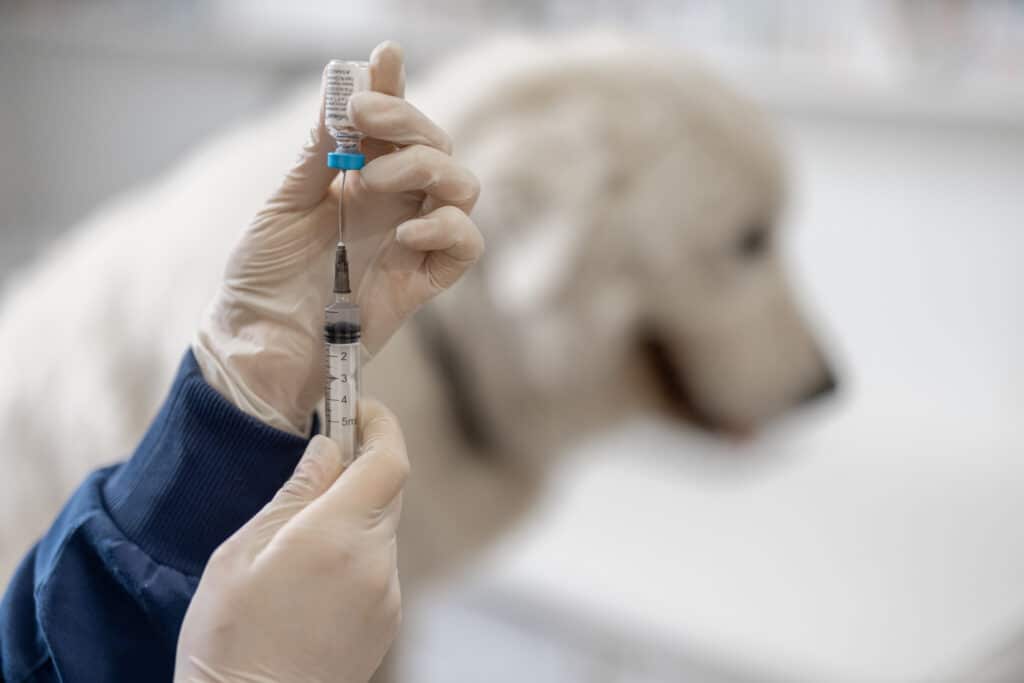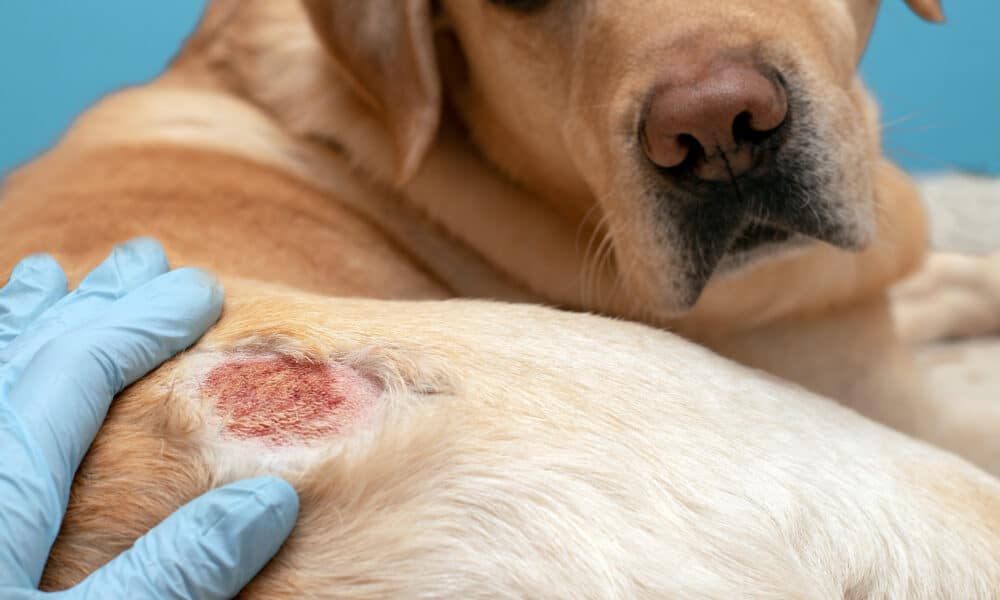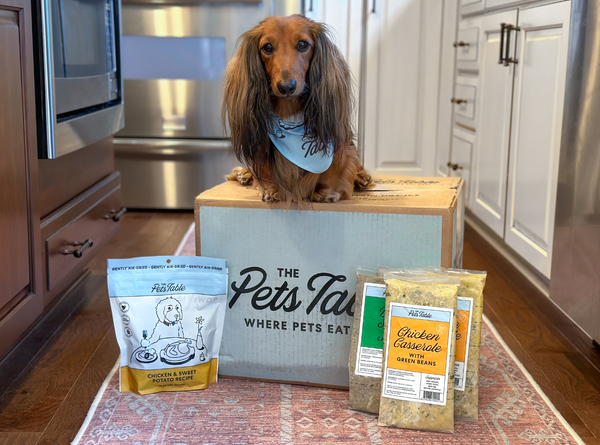[ad_1]
A brand new examine revealed within the medical journal Vaccine discovered that greater than 50% of canine house owners within the US have gotten extra skeptical of canine vaccines.
The examine, revealed on Saturday, August 26, carried out a survey on 2,200 individuals relating to their opinion on routine canine vaccines, particularly rabies vaccines.
Surprisingly, 53% of the members expertise one thing that the researchers known as Canine Vaccine Hesitancy (CVH), which they described as “canine house owners’ skepticism concerning the security and efficacy of administering routine vaccinations to their canines.”
These members imagine that canine vaccines are both unsafe, ineffective, and/or pointless.
Moreover, 37% have been involved that canine vaccines might trigger autism of their canines, a idea that isn’t backed up by any scientific proof.
Speaking to the USA Right now, the researchers, brother-sister duo Matt and Gabrielle Motta and Dominik Stecula stated they have been fairly stunned themselves.
Matt Motta, a political scientist and researcher at Boston College’s Faculty of Public Well being, informed USA Right now, “The sheer quantity of people that maintain these opinions was fairly putting…that, to me, is fairly alarming.”
Motta additionally stated, “I imagine the COVID-19 vaccine has essentially modified the best way that Individuals view vaccination normally.”
“I feel alarmingly that might be spilling over to form how individuals really feel about angle towards vaccinating their pets and albeit, who is aware of what else? You realize, it might go even additional.”

In the meantime, Gabriella Motta, a board-certified veterinarian, believes that the hesitancy to vaccinate comes from pet house owners’ love for his or her canines and the shortage of expertise with the diseases these vaccines defend towards.
Speaking to USA Right now, Motta stated, “I feel when house owners are questioning the vaccine, they’re coming from a spot the place they honestly care about their canines and so they don’t need their canines to be a guinea pig or, , get one thing that they don’t want, that would probably trigger a facet impact.”
Nonetheless, she identified the significance of conserving nearly all of a inhabitants vaccinated, “We don’t expertise what different international locations do the place rabies is a professional concern that individuals have,” she continued.
The researchers of the examine known as CVH ‘problematic’ and defined, “CVH is problematic not solely as a result of it might encourage vaccine refusal – which can in flip facilitate infectious illness unfold in each canine and human populations – however as a result of it might contribute to veterinary care supplier psychological/bodily well being dangers.”
The examine confirmed {that a} sustained vaccination of no less than 70% of canines can practically get rid of human rabies circumstances, particularly in high-risk areas.
Nonetheless, the researchers warned that with the prevalence of CVH, the vaccination charges might ultimately drop under 70%.
“Troublingly, we discover that CVH is related to rabies non-vaccination, in addition to opposition to evidence-based vaccine insurance policies,” they continued.
In response to the World Well being Group, canines are answerable for 99% of human rabies deaths globally, making them the principle carriers and transmitters of this viral illness.
[ad_2]
Source link

















Discussion about this post